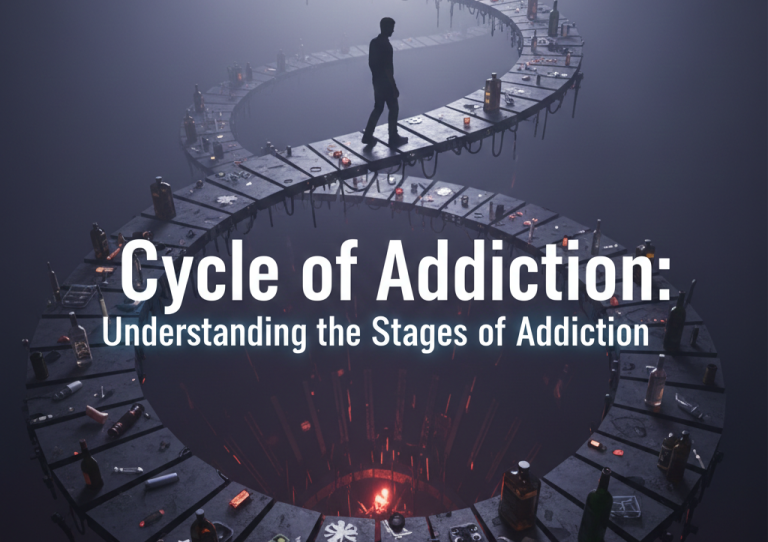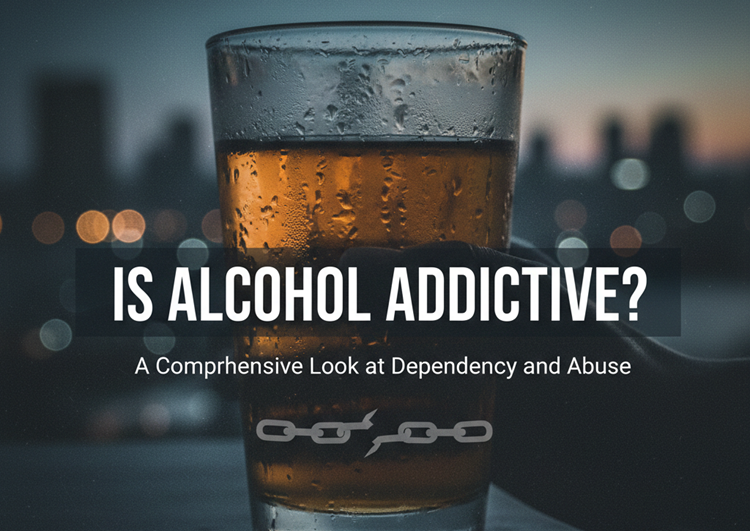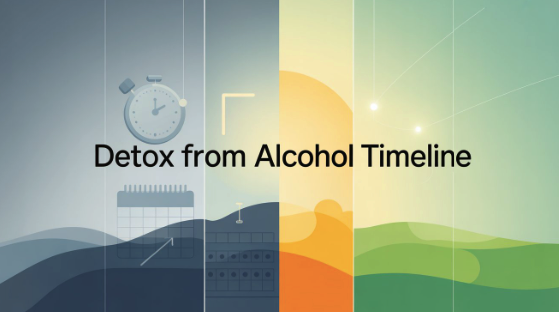Anxiety attacks are extremely distressing, they are usually unpredictable and once they happen, you can be exhausted both physically and mentally. They may lead to a racing heart, shortness of breath, dizziness, and a feeling of impending doom. They are often temporary, lasting for a few minutes to an hour, though they can be very powerful. Knowing when and how to start regulating anxiety attacks is very important to have control over the body’s reactions in case of sudden anxiety attacks. We will also look at the long-term strategies that can be used in the treatment of anxiety disorder.
Recognizing the Symptoms of an Anxiety Attack
Specific anxiety attacks differ but they all have similar features; Below are some of the most common features of anxiety attacks. These can be physical, emotional, and cognitive:
- Physical Symptoms: Rapid heartbeat, sweating, trembling, shortness of breath, dizziness, nausea, hot flashes, or chills.
- Emotional Symptoms: A quick rush of fear, the notion of having a terrible premonition, having the feeling that something terrible is about to happen, and also the experience of losing control.
- Cognitive Symptoms: Hyperactivity, inability to concentrate, panic-like tendencies to run away from the situation.
Recognizing that these are the signs of an anxiety attack and not a more severe condition isn’t easy at such a time. Yet, this is the first step in managing the anxiety attacks.
Immediate Steps to Calm Yourself During an Anxiety Attack
These strategies can help you regain control quickly.
- Deep Breathing Techniques
Deep-focused breathing exercise is a good way of dealing with an anxiety attack. A person experiencing an anxiety attack will normally breathe in a shallow and rapid manner, which makes the situation worse. It has been known that the breathing rate can determine the heart rate; hence, when a person exercises the breathing technique, it slows down the heart rate and infuses the brain with a message that there is no danger or threat. Here’s a simple technique:
- Take in air through your nostrils while counting up to the number four.
- Take a deep breath, but do not exhale for as long as four seconds.
- Slowly breathe out from the mouth, counting to four.
- Continue doing this exercise for a few minutes and you will find yourself becoming more relaxed.
The technique is called box breathing, which helps maintain oxygen and carbon dioxide levels in the body and thus decreases physical symptoms of anxiety.
- Grounding Exercises
Naming is useful in ensuring that you focus your thoughts on coming up with names of things in the present; this is helpful during an anxiety attack because your head might just feel like it is spinning. The 5-4-3-2-1 method is a popular grounding technique:
- 5: Acknowledge five things you can see around you.
- 4: Identify four things you can touch.
- 3: Notice three things you can hear.
- 2: Become aware of two things you can smell.
- 1: Focus on one thing you can taste.
What it does is help you to pay attention to your intrinsic bodily feelings, thus distracting your mind from your troubled thoughts.
- Positive Affirmations
You can replace the negative thoughts that make up your anxiety attack with positive self-talk or affirmations. It is possible to repeat to oneself the words, ‘It’s only the attack, and it will be over soon,’ to calm down. Some examples include:
“I am safe. “
“This feeling will pass. ”
‘Breathe in, breathe out,’
Mental affirmations do not eliminate anxiety instantly, but they do help bring down the intensity and duration of the anxiety.
- Progressive Muscle Relaxation (PMR)
Proper muscle relaxation technique, commonly known as progressive muscle relaxation (PMR) requires contracting and relaxing muscles in the body. This technique helps release physical tension, which often builds up during an anxiety attack. Start by tensing the muscles of the toes for some time, then release that contraction. Starting from your toes and then gradually moving up to your knee, stomach, hands, face, and other parts of the body, contract then relax the muscles. When you are done with the process of fully relaxing your whole body, you should feel less anxious.
Long-Term Strategies to Reduce Anxiety Attacks
While immediate techniques help manage anxiety attacks at the moment, adopting long-term strategies can reduce their frequency and intensity over time.
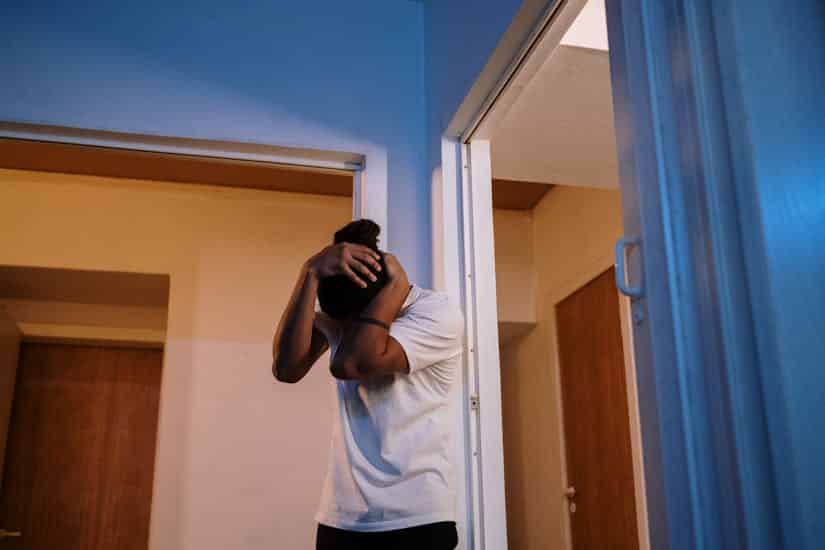
-
Regular Physical Activity
Physical activity is among the long-term remedies for anxiety which have been proven to work very effectively. Exercise lowers stress chemicals such as cortisol and releases endorphins, which improve mood. Adults should try to do at least 30 minutes of moderate exercise, that is, on most days of the week. It can be walking, cycling, swimming, or even Yoga, Take up an activity that you enjoy and that will involve the use of your arms and legs.
-
Mindfulness and Meditation
There are numerous ways of dealing with anxiety, but practicing mindfulness and meditation is very effective. It is a state of awareness that is free from the descriptions of things that are happening in the present time, which means that when practicing mindfulness, the person is aware of the thoughts and feelings that he or she is experiencing but does not become overwhelmed by them. Stress management, including the process that involves deliberate training of the brain to focus on specific breathing and visualization techniques, is effective in the management of stress. Hence, one can develop a better-balanced outlook on life through consistent mindfulness and meditation.
-
Healthy Lifestyle Habits
Dietary habits, exercise regimens, and overall health status are widely believed to influence anxiety in one way or another. Taking proper meals, adequate water, and getting enough sleep might help someone to control his or her emotions, hence reducing anxiety. It is even important to remember that anxiety is a part of a person’s physical health since lack of sleep, bad nutrition, and dehydration all worsen anxiety.
-
Cognitive Behavioral Therapy (CBT)
Coming to the therapeutic interventions, Cognitive Behavioral Therapy abbreviated as CBT, is labeled as the most effective treatment for anxiety disorder. CBT enables you to pick on negative ideas that cause anxiety and guide you on how to handle them better. In case anxiety attacks are interfering with your daily activities, consultation with a trained CBT therapist helps provide one with the necessary tools and strategies to manage it.
-
Medication
At times, anxiety attacks can be severe, and thus require the use of drugs to control the attack if it is recurrent. It’s essential to consult a healthcare professional to determine if medication is right for you and to find the correct dosage and type.
What Triggers Anxiety Attacks?
It is equally important to know what causes your anxiety attacks to conquer it. Common triggers include:
- Stress: Stress in the workplace, family, or, financial issues are some of the causes of anxiety.
- Trauma: Prior incidents such as those that touched on the aspects of personal safety led to anxiety attacks.
- Caffeine: Caffeine in large doses is known to trigger an attack or worsen the symptoms of anxiety in the affected persons.
- Certain Environments: Some people have anxiety while in crowded areas or when they are in unfamiliar situations or places.
Realizing what your stress factors are, is the first step in avoiding them or learning how to deal with them better.
Living with anxiety disorder is one of the worst feelings but with the right approach, one can control the mind and the body. Begin the process of healing by identifying the signs you experience and learn using instant stress-reduction strategies, such as breathing exercises, sensory exercises, and self-assuring statements. Eventually, anxiety attacks can be minimized and the severity can be lessened by following long-term strategies.
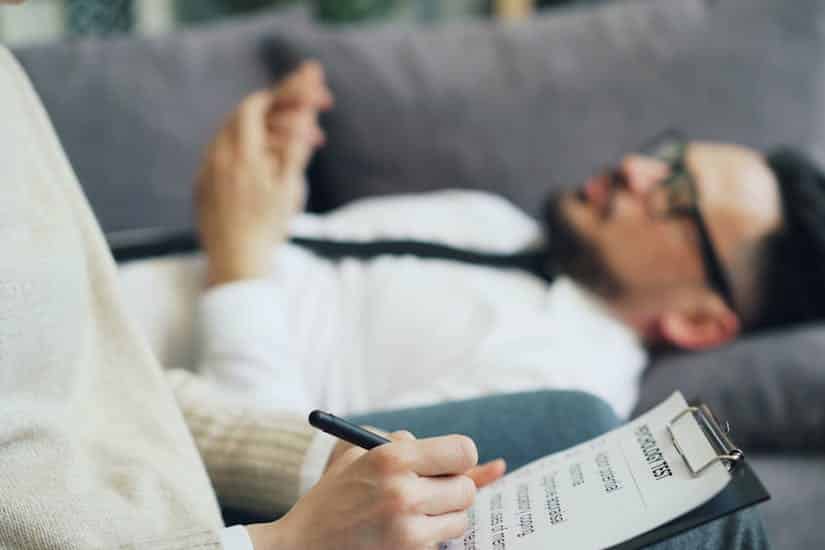
Remember, anxiety is manageable, and you don’t have to face it alone—we are here to help you every step of the way. If you or your loved one is struggling with anxiety disorder, contact us at Orlando Treatment Solutions today to learn more about our treatment programs and start your recovery journey.














